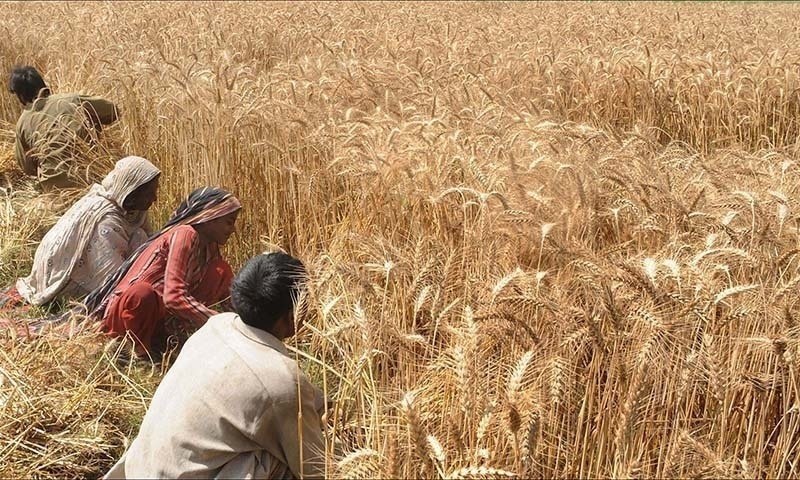HYDERABAD: The Sindh food department has cancelled release of 32,000 tonnes of old wheat to flour mills in different regions of the province.
According to a directive issued on Feb 8, the food department has cancelled entire old stocks of wheat as mentioned in Feb 2 letter’s second paragraph.
The old stocks were to be released for Karachi, Larkana, Shikarpur, Qambar-Shahdadkot, Jacobabad and Kashmore regions where flour mills were located. Of the 32,000 tonnes, 16,000 tonnes were to be released for Karachi region alone.
The provincial food secretary in his comments said: “We could have disposed of old stocks through interested buyers other than mills as they are aplenty in the market. But the wheat release policy 2020-21 does not permit this. Our good intentions are unnecessarily scandalised. We are therefore withdrawing allocation of old stock.”
He said the “flour mills mafia” and “unscrupulous elements in the food department” are hand in glove in misappropriating government wheat. The mafia wants to get the wheat (old stock) through auction on peanuts whereas latter supports this because wheat to be auctioned is not in bags but lying in piles.
16,000 tonnes of the commodity was to be released for Karachi region alone
He said it was easy to hide misappropriated wheat in that way as stock in piles was not weighable and all the misappropriation, which was in thousands of tonnes, went to auction drains which was in interest of thieves sitting both in the mills’ association and the food department.
The food department would now go for auction of the same wheat at Rs3,700 per 100kg, which was issue price for new crop. The old stocks which the food department was releasing earlier pertained to 2012, 2013, 2014, 2015, 2016 and 2017.
The department didn’t explain why this stock was not released when flour prices witnessed a surge as it ran out of wheat on a number of occasions in last couple of years.
The department had to seek federal government’s assistance for wheat stocks to meet the requirement of consumers.
The Sindh food department could not meet its procurement target of 1.4 million tonnes of wheat in the 2019-20 season as it ended up getting 1.236m tonnes despite the fact that the mandatory condition of submission of form-VII by a farmer for selling the commodity to the department had been waived.
The department had not procured wheat in the 2018-19 season, even though it had persuaded the Sindh government to at least purchase a few lakh tonnes of wheat but cabinet didn’t agree with department’s suggestion.
Published in Dawn, February 11th, 2021













































